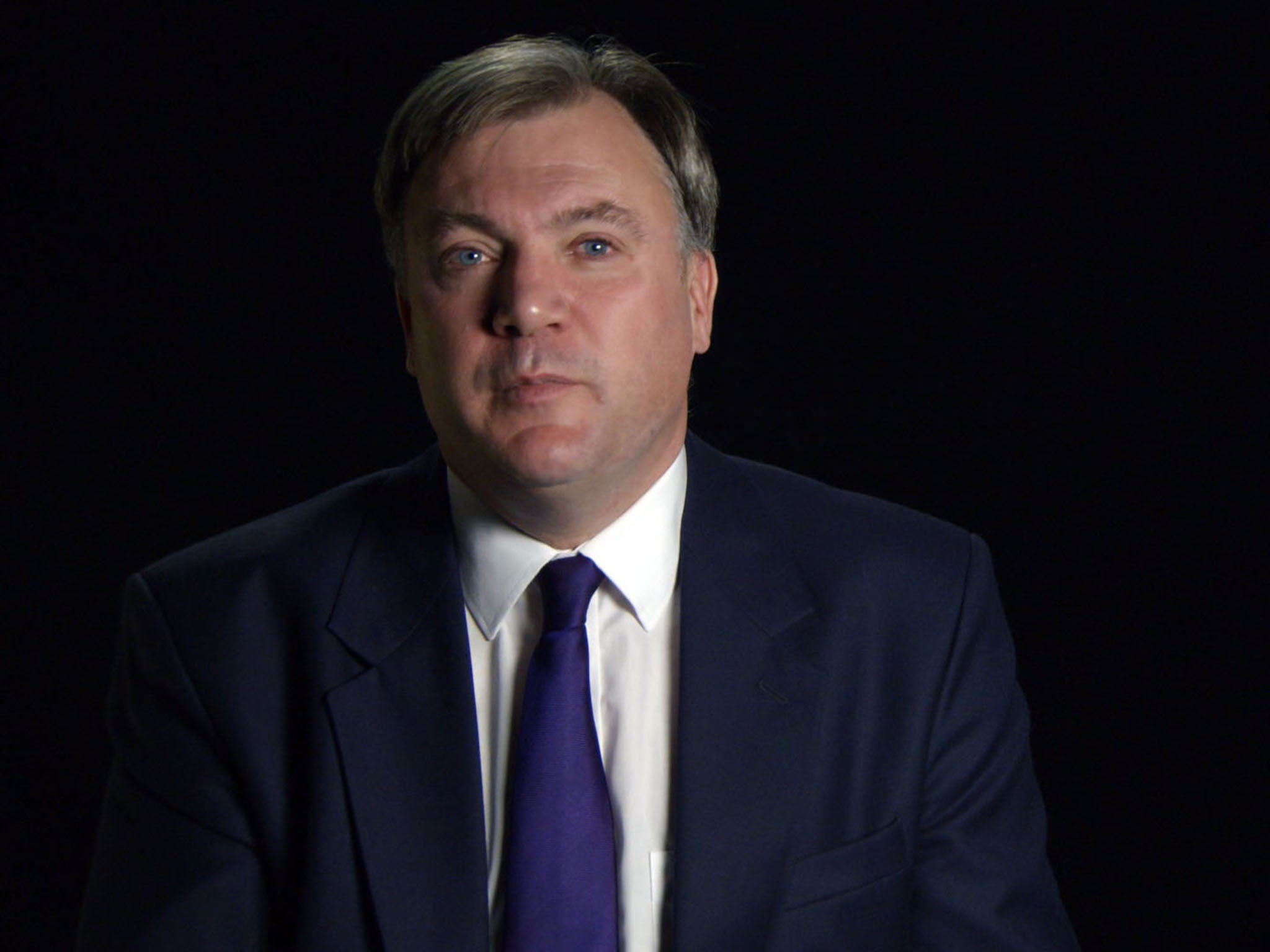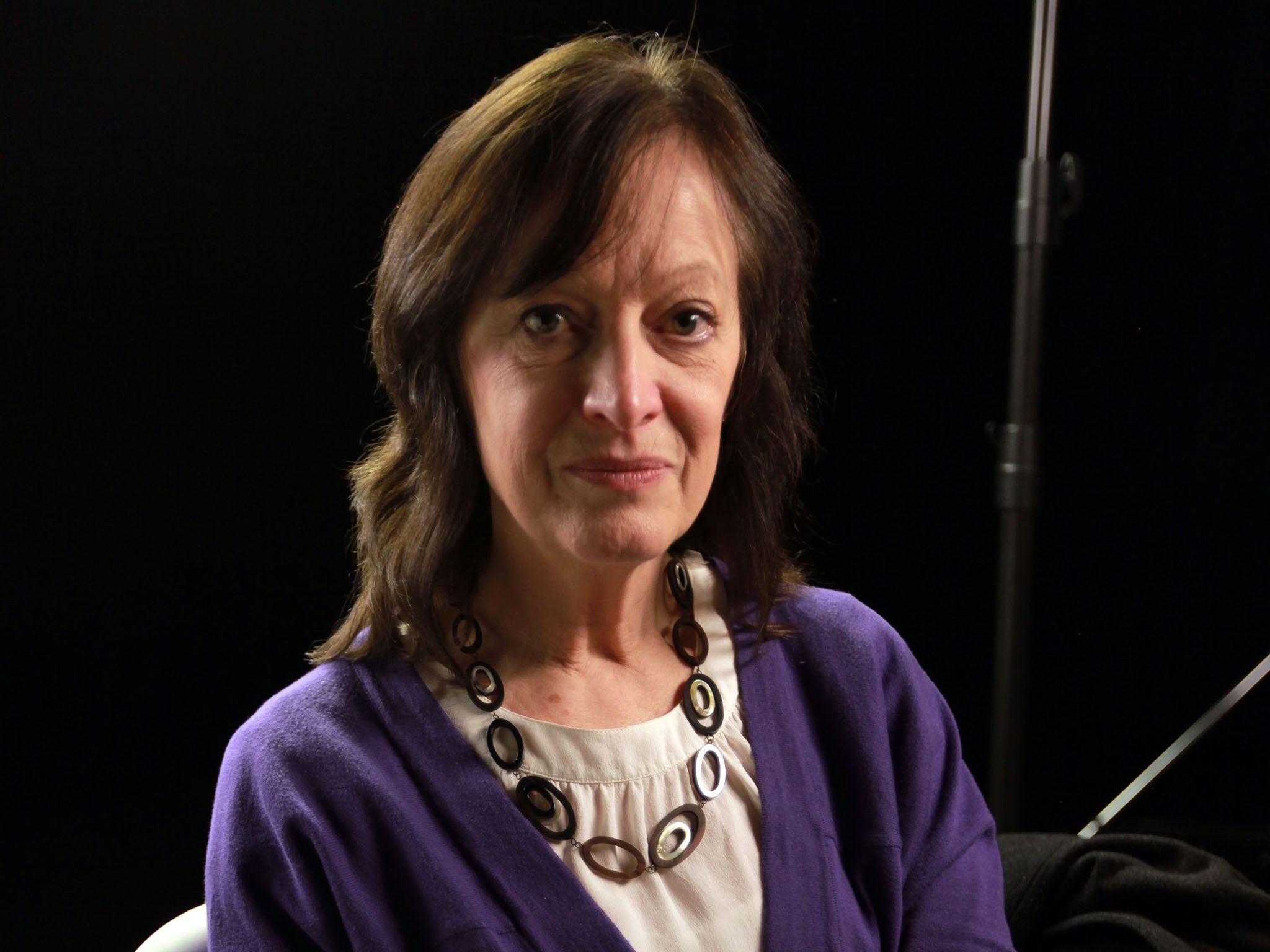Baby P: the Untold Story, TV review: Clear-eyed and forensically detailed viewing
Amid all the distressing details of his neglect, one horrible fact haunted this film: in Britain a child dies at the hands of a parent once every 10 days

Seven years have passed since Baby P, aka 17-month-old Peter Connelly, died in the north London borough of Haringey.
The clear-eyed and forensically detailed Baby P: the Untold Story focused not on that day, however, but on the period following the trial verdict in November 2008, when blame began to be apportioned. It was the untold story, and more importantly, “why we never heard it”.
Another relevant, if more disturbing, question is why did we hear about Peter Connelly’s death at all? Amid all the distressing details of his neglect and torture, one horrible fact haunted this film: in Britain a child dies at the hands of a parent once every 10 days, and at least one in ten of these children is on the at-risk register. As co-author of the serious case review, Edi Carmi said: “What is so sad is that, actually, the circumstances of Peter Connelly and his death were not that unusual to us.”

Rather, the death of Baby P, like so many other less well known cases, was the result of “a cumulative effect of lots and lots of mistakes... where each one in themselves would not have made a major difference”. In 2008 such a nuanced explanation would not do. Frustrated by ongoing legal proceedings that prevented the naming of the perpetrators, the press went in search of alternative villains. A mood of frenzied public outrage was unleashed, which some agencies – the police, Westminster – proved more adept at managing than others – social services, the NHS.
At the time, many of the voices of those closely involved in the case were lost in the din of a public baying for blood, but this documentary sought to rectify that. Exclusive interviews with Sharon Shoesmith, the former head of Haringey’s children’s services, Ed Balls, then Secretary of State for Children, and the husband of Dr Sabah Al-Zayyat, the last medical practitioner to see Baby P alive, offered not excuses, but reasons. Baby P: the Untold Story was unrelentingly grim viewing, but the insight it provided into how this country functions during crisis made for essential viewing.
Join our commenting forum
Join thought-provoking conversations, follow other Independent readers and see their replies
Comments